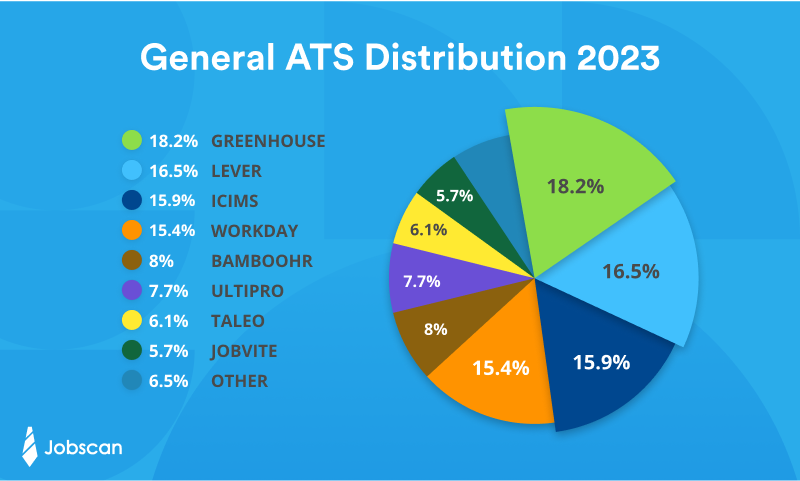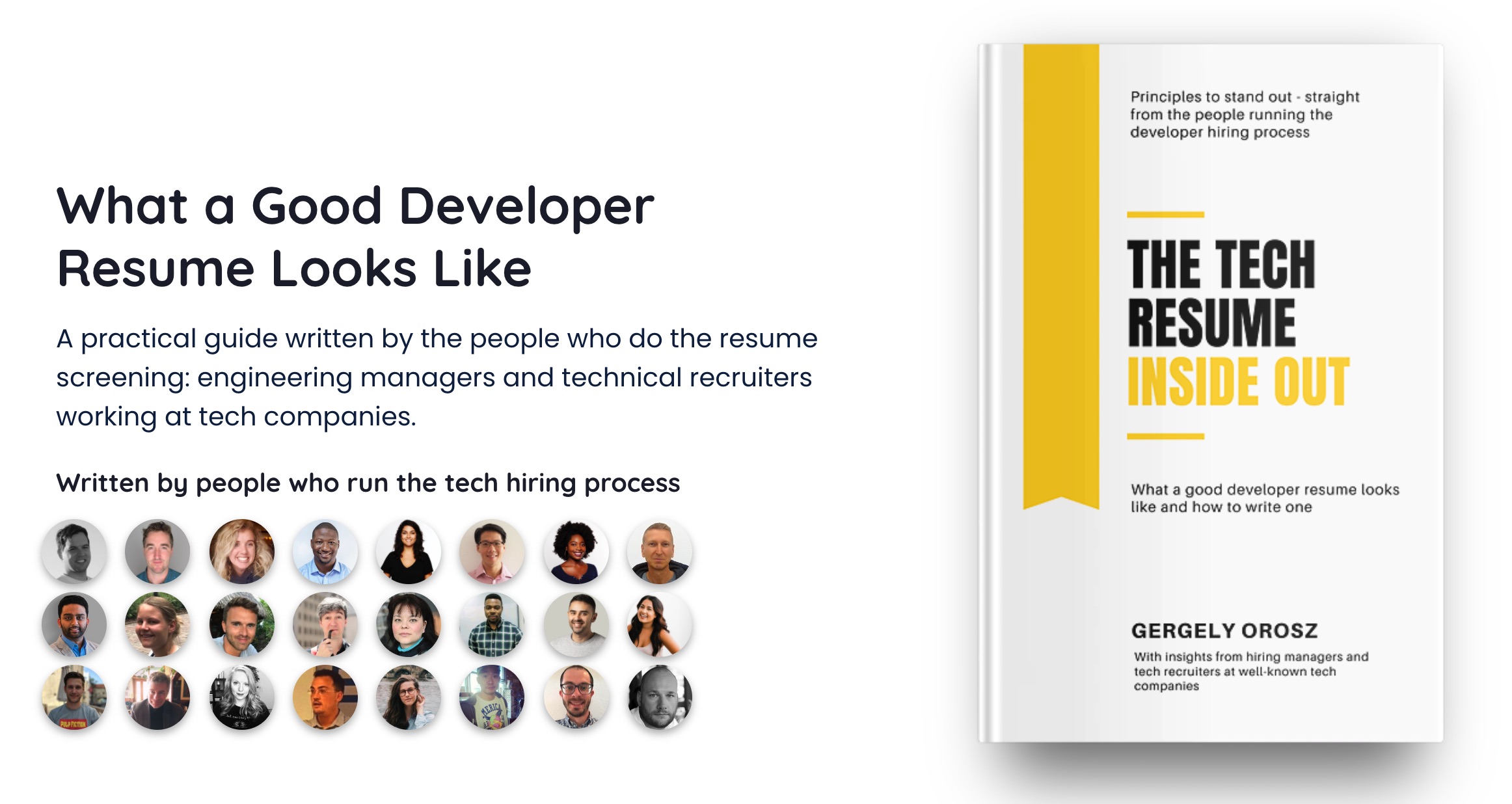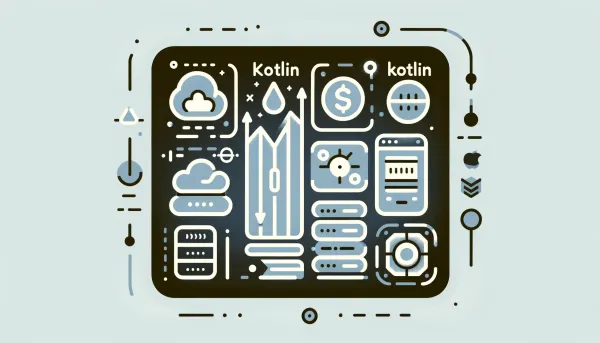Understanding AI's Role in Resume Screening
TL;DR: Generally, AI (artificial intelligence) systems don't reject resumes. Humans do.

TL;DR
Generally, AI (artificial intelligence) systems don't reject resumes. Humans do.
Applicant Tracking System (ATS)
“Fortune 500 companies are using AI to screen candidates. Here’s how not to get rejected immediately”
- Firstpost -
“75% of resumes are never read by a human - here’s how to make sure your resume beats the bots”
- CNBC -
“AI Resume Screening: Hacking the Recruitment Process”
- Affinda -
“Submitting a resume that doesn’t meet applicant tracking system (ATS) requirements can mean getting passed over by hiring managers before they even see your application.”
- Jobscan -
Those headlines and claims lead many, including myself, to wonder whether we get an interview depending on some mysterious AI called ATS, which couldn't be further from the truth. Even with the surge of OpenAI, most ATSs are not yet reliable enough to handle all hiring processes independently.
There can be hundreds of applicants per week from different sources for a single job application. With tens or hundreds of roles, a system to help recruiters keep track of application statuses and review them accordingly is invaluable.

According to Jobscan, some of the most popular ATSs include Greenhouse, Lever, ICIMS, and Workday. While newer ATSs have advanced capabilities such as parsing and ranking, none can automatically reject or hide your resume. This comes with a caveat that we will discuss in the next section. Most companies use ATSs to track statuses and act accordingly, not to filter out resumes based on rankings. Amy Miller, an experienced tech recruiter from Amazon, Google, and Microsoft, explained how ATS works behind the scenes in her video The Truth About the ATS (it's not what you think).
“[The list of applicants] in [an ATS] are ranked in order by date... Filtering, percentage matches, all of that other shit happens with human intervention”
- Amy Miller -
ATS Only Automatically Rejects When...
Applicants fail the knockout questions. Companies design these questions to filter out ineligible applicants irrespective of their resumes. You may have encountered these screening questions if you have applied to more than a few jobs.
- Are you willing to travel/relocate?
- Are you legally eligible to work in Canada / the United States?
Some companies don't have the resources to support relocation and visa sponsorships, especially for more junior roles. In some cases, the process can cost tens of thousands of dollars and months of paperwork. On top of that, hiring people from sanctioned countries can be nearly impossible, but I digress. To save both the companies and the applicants from time and further trouble, these questions are set up to automatically reject those who won't be hired anyway, no matter how talented the applicants might be.
ATS Resume Optimization
An increasing number of services offer resume optimization for ATS, which claim to make your resume "ATS-compatible," or even go the extra length and promise that your resume will bypass the ATS algorithm and reach a recruiter. These claims are not entirely false but are unnecessary to get an interview. Gergely Orosz, the author of The Tech Resume Inside Out, aptly addressed the claims of ATS compatibility.
“Stating that a resume is ATS-compatible is like saying that a website is mobile phone compatible. Of course, it is. All websites are. And all resumes are ATS-compatible.”
- Gergely Orosz -
Though it is true that AI is advancing rapidly, ATS is still far from being dependable enough for recruiters to rely solely on its rankings to screen resumes, let alone leave the decision-making to ATS. That being said, this might change in the upcoming decades, if not years.
On the other hand, the success of ATS resume optimization services is a testament to their effectiveness despite the inaccurate protestations. One key piece of advice that enhances the success rate of customer resumes is keyword optimization. According to a 2018 Eye-Tracking Study, recruiters spend an average of only 7 seconds scanning a resume. This underscores the importance of tailoring your resume to the job description with keyword optimization, which is crucial in assisting recruiters to identify relevant applications and pass them on to hiring managers.
Conclusion
At the end of the day, ATS doesn't automatically reject your resume; humans do. So, you'd be better off optimizing your resume for recruiters and hiring managers, not for some AI systems. To avoid top resume mistakes and stand out, take a look at the post below.

Reference









